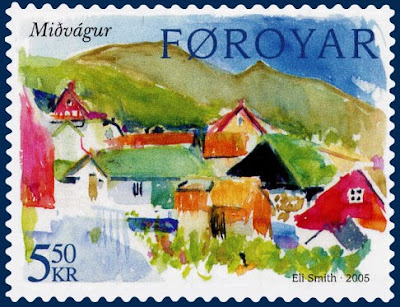International Drawing Day is celebrated annually on May 16th. It's a day
dedicated to encouraging people of all ages and skill levels to embrace
the joy of drawing and express their creativity through art. Whether
it's doodling, sketching, or creating detailed illustrations,
International Drawing Day promotes the therapeutic and enriching
practice of putting pencil to paper. It's a wonderful opportunity for
artists and art enthusiasts worldwide to come together, share their
work, and inspire each other.







.jpg)
.png)



